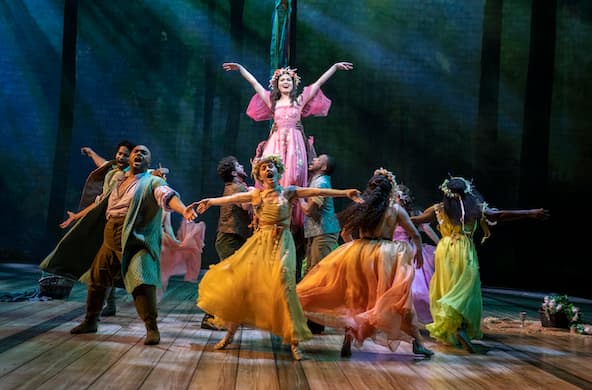
A Tale of Two Harvards
By THE NEW YORK SUN
|One problem is that the production’s regal principals, Arthur in particular, seem at times to have been brought rather too far down to earth.

Already have a subscription? Sign in to continue reading

By THE NEW YORK SUN
|
By BENNY AVNI
|
By GEORGE WILLIS
|$0.01/day for 60 days
Cancel anytime
By continuing you agree to our Privacy Policy and Terms of Service.